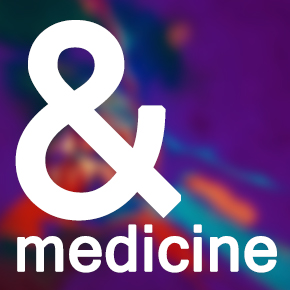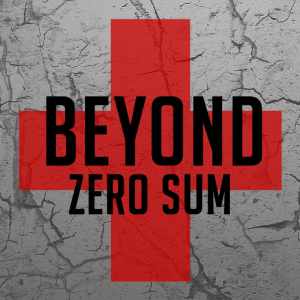Perspectives from the Bike: A Look at an Ecuadorian Hospital
The gray pickup truck rattled along the rocky path, careening back and forth on a steep incline that reached for the snow-capped peak masked by clouds. While tires slid and kicked up trails of dust that diffused into the mist surrounding us, I was still able to catch a glimpse of Chimborazo, a volcanic pyramid of Ecuador, through pockets of clarity in that atmosphere. Soaring at breathtaking elevations of over 20 thousand feet, Chimborazo is a point near the equator where one can be closest to the sun while standing on Earth.



